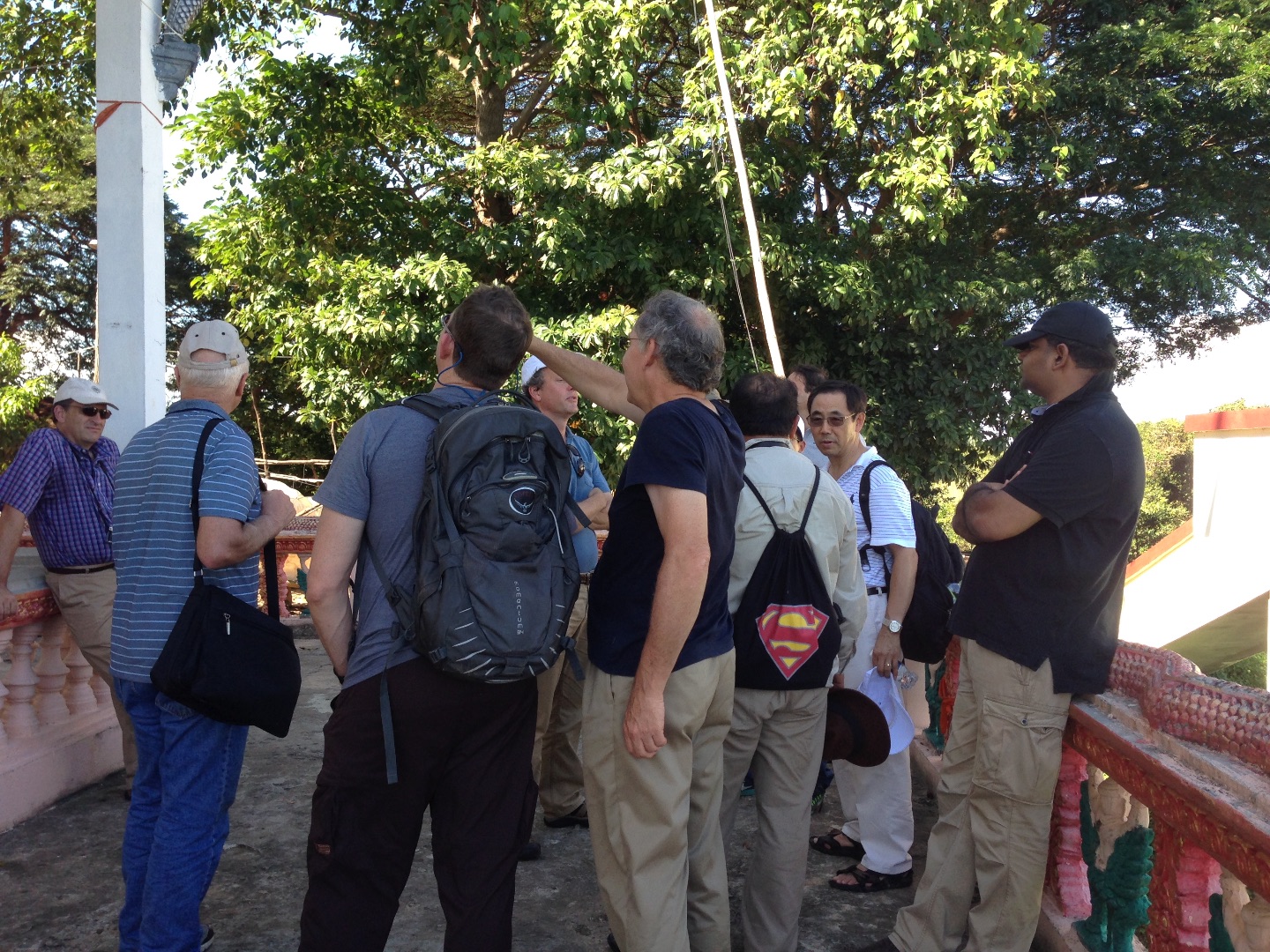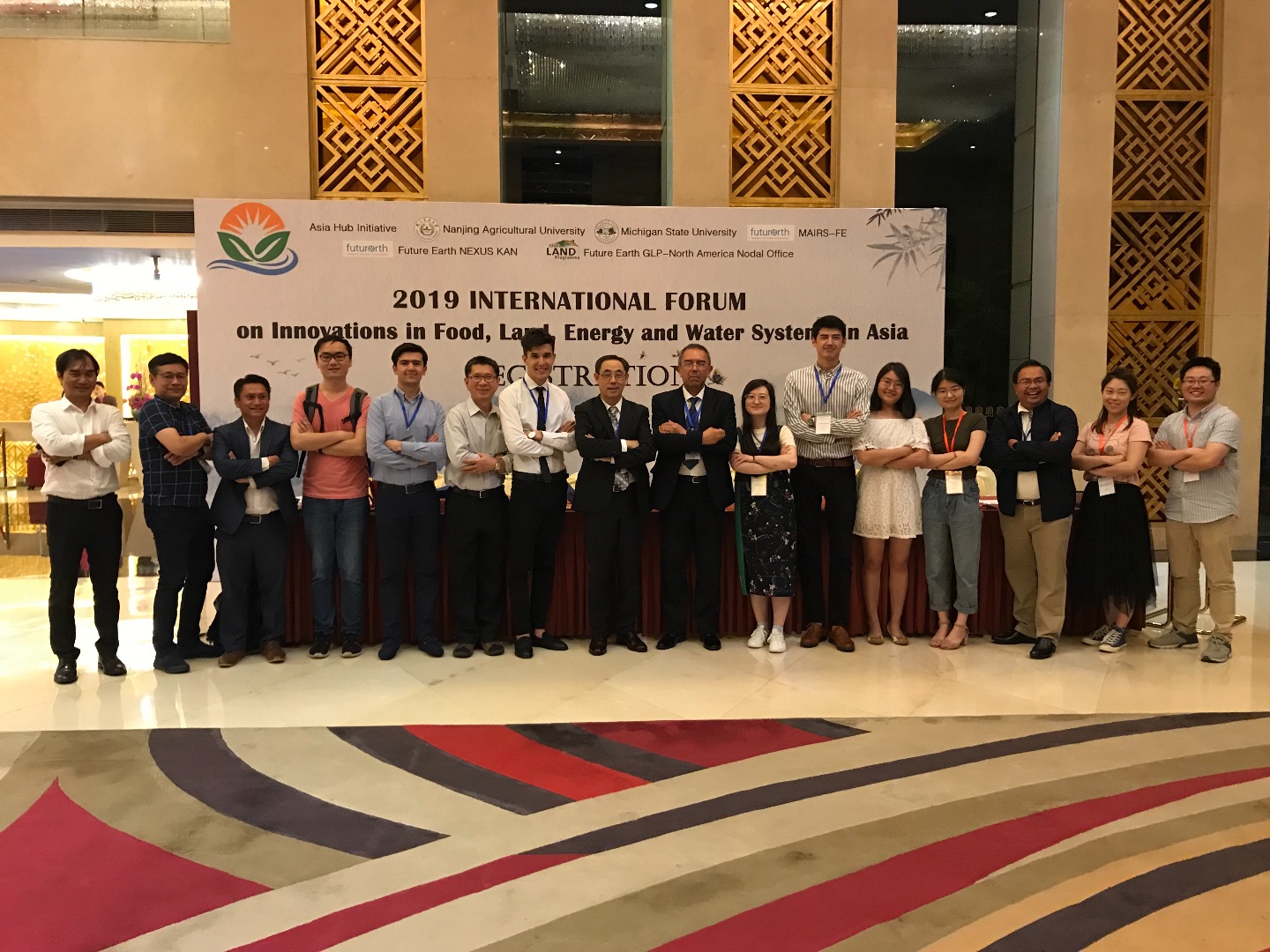
Dr. Jiaguo Qi (pronounced Chee) joined the Spartan family in 1998 first as an Assistant Professor with the Department of Geography. Before moving to Michigan, he came to the U.S. during the early 80s and settled in Arizona. Being a seasoned Spartan, he is now a full Professor in Geography who also wears several administrative hats, including the Director for the Center for Global Change & Earth Observation (CGCEO), the Director for the Environmental Science and Policy Program (ESPP), and the Co-Director for the Office of China Programs (OCP). His administrative involvements help bridge the OCP with programs and units across MSU campus. For instance, he has utilized his network from the ESPP and CGCEO to enhance and establish partnerships with centers under the umbrella of International Studies & Programs, including the Center for 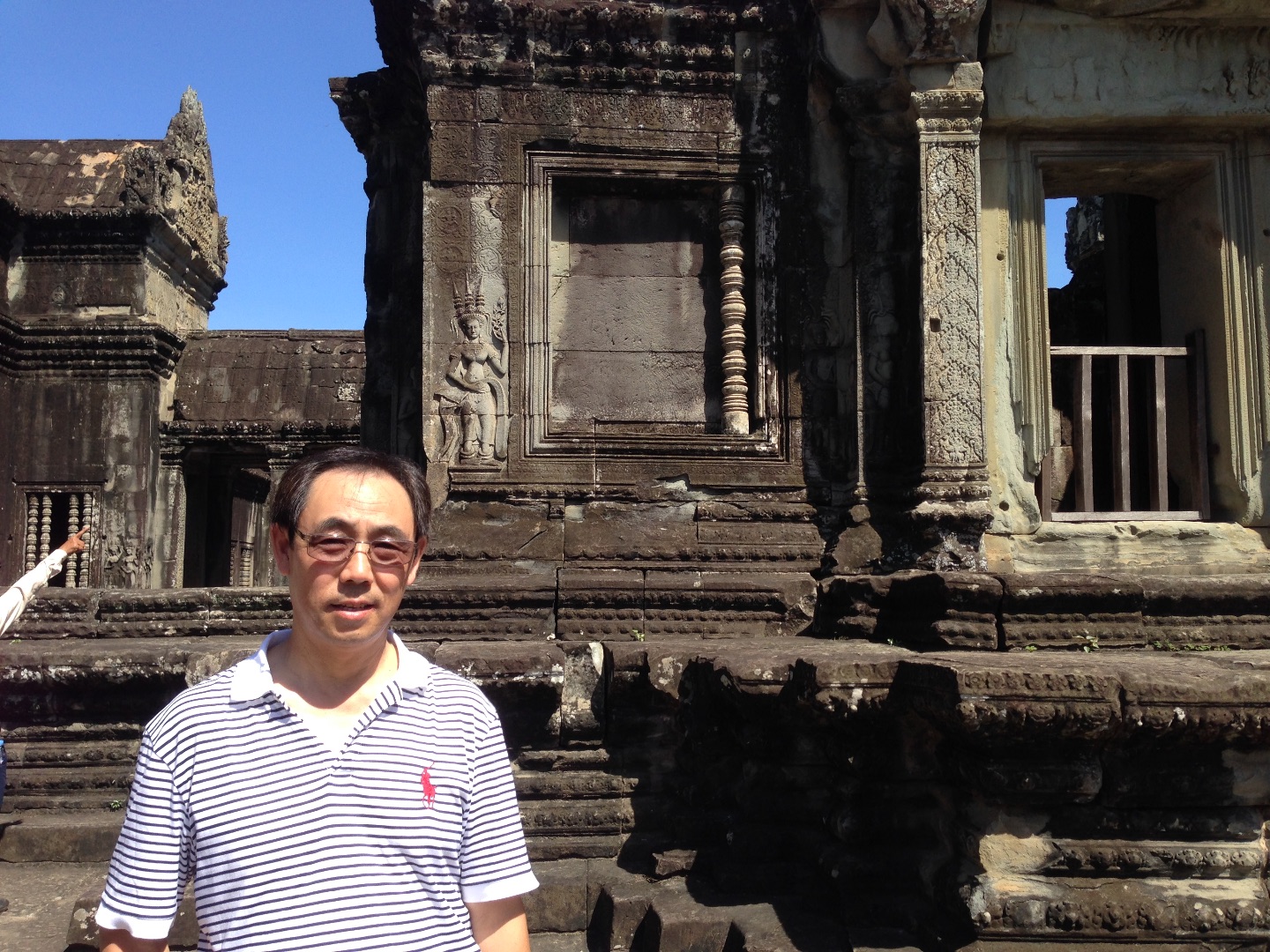
Dr. Qi has a history with the OCP that goes back to 2002 which he considers as “kind of [a] natural fit.” There has been an extensive overlap between his research focus and OCP’s work domain. Many of his research projects focus on land use and land cover change in Southeast Asia, including parts of China. A 2002 trip to China brought him closer to those who conducted similar research, so he became more engaged with researchers in China. After the trip, he served on the founding committee to establish OCP in 2005; he then became the office Director in 2017 and the Co-Director in 2019. Since then, the OCP leadership has expanded and is shared between Dr. Qi and Dr. Xinyu Wu, the other Co-Director, and Jennifer Wargo, the Deputy Director. Dr. Qi now focuses on providing strategic planning vision to Jennifer and Xinyu who focus on the operational and managerial aspects of the office.
“Everything started from the trip in 2002,” according to Dr. Qi. OCP was founded in 2005 as a response to increasing interests and demands within MSU for research collaboration and business engagement with China. In 2002, the founding Director of the OCP, Dr. Weijun Zhao, took a very diverse group of MSU faculty–about 12 including Dr. Qi–for a three-week trip to China to visit different Chinese universities. Dr Qi described the trip as “the very first exposure of MSU to China … the foundation for formally establishing the OCP.” As a founding member of the OCP, he said that the trip forever lasts in his mind, triggering a whole suite of interests to collaborate with China.” After the trip, Dr. Qi among several other MSU people formed a committee to discuss how they can leverage their efforts to promote collaboration between MSU and China. Among other initiatives, they began to review research proposals submitted by junior MSU faculty who were looking for collaboration opportunities with China and needed seed money.
When Dr. Qi became the Director of the OCP in 2017, he felt the need to shift the office operation. He started to look at what the office had been doing while assessing the challenges and new opportunities at a global scale, leading him to brainstorm new ways to stimulate collaborations between the MSU faculty and those in China. The initial idea of Asia Hub came to him, which he holds dearly as the “biggest initiative since [he] became the Director.” Asia Hub enabled the OCP to receive funding from different agencies and from MSU to support activities that were not possible before. The initiative spurred the creation of another MSU network open to all disciplines, the AsiaNexus, of which Asia Hub remains an integral part.
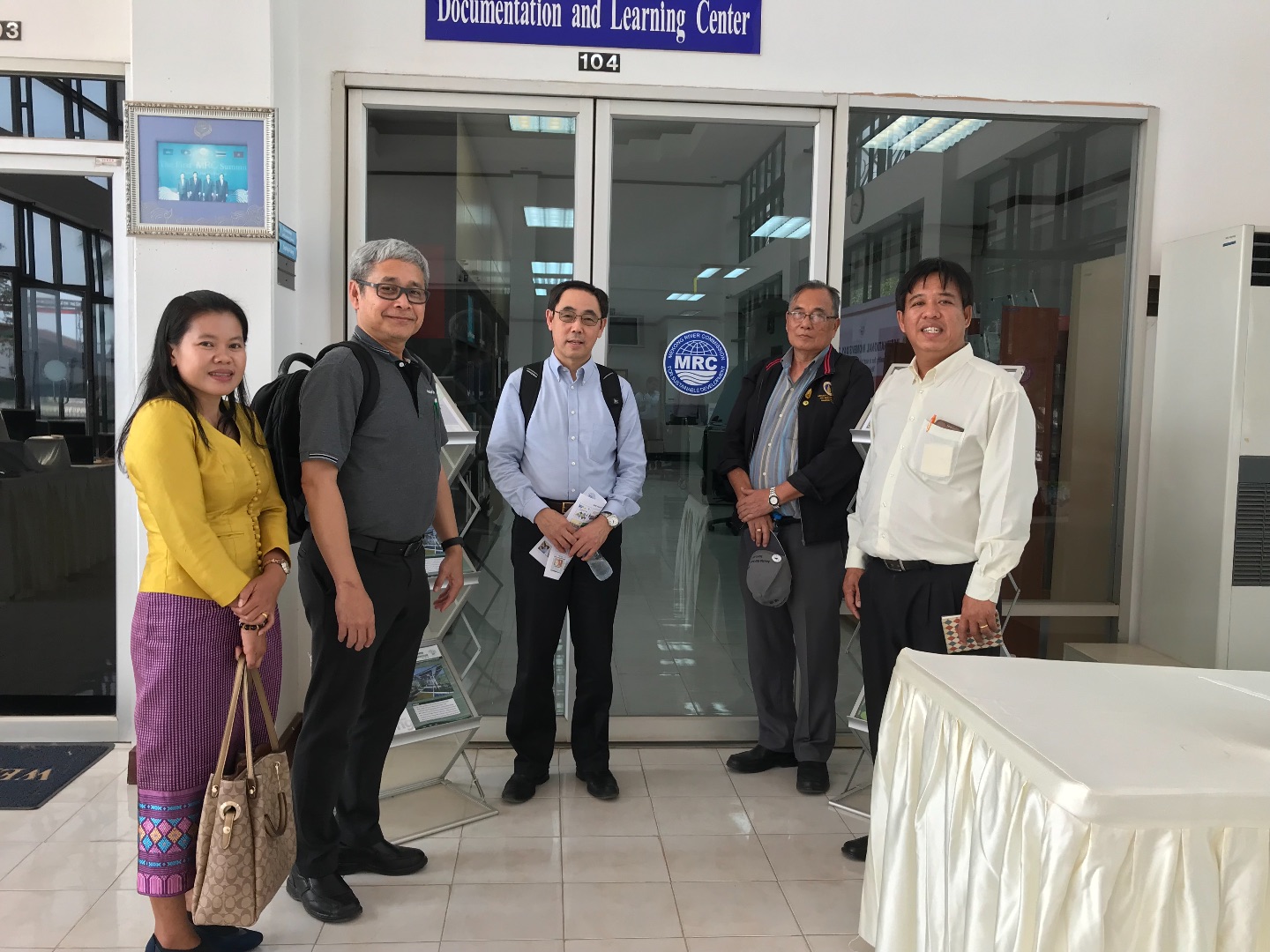
Dr. Qi underscored three primary aspects of the OCP collaboration with China: business development, outreach, and research collaboration. The OCP helps MSU develop business relationships. In fact, the OCP also helps the state of Michigan including Governors making trips to China to sign business contracts. For example, MSU was selected and contracted to provide turf grass for the 2008 Olympics. Interestingly, business development was the initial intent when the OCP was set up and very few people know about that.
Connecting MSU members to China so that MSU can extend its research impact in China is another aspect of OCP’s work. This helps achieve both research and business impact extension to China. What many people at MSU also don't know is that during the early days of the OCP, many MSU administrators including the President, Vic-President, Provosts and Deans visited China. One time we even had an official red-carpet reception by the Chinese government facilitated by former Director Weijun Zhao.
The third aspect is research collaboration between MSU and researchers in China. Before the formation of the OCP, while most people knew that research collaboration was a priority and many were eager to work with China at the time, most people didn't know what to do to initiate the collaboration. The OCP started to serve MSU faculty as contacts in China, making the connections before taking them for a trip so they could deepen the partnership for their research. At the early stage, the OCP acted much like a “travel agent” in Dr. Qi’s analogy, doing the logistics facilitation and coordination for MSU researchers in China.
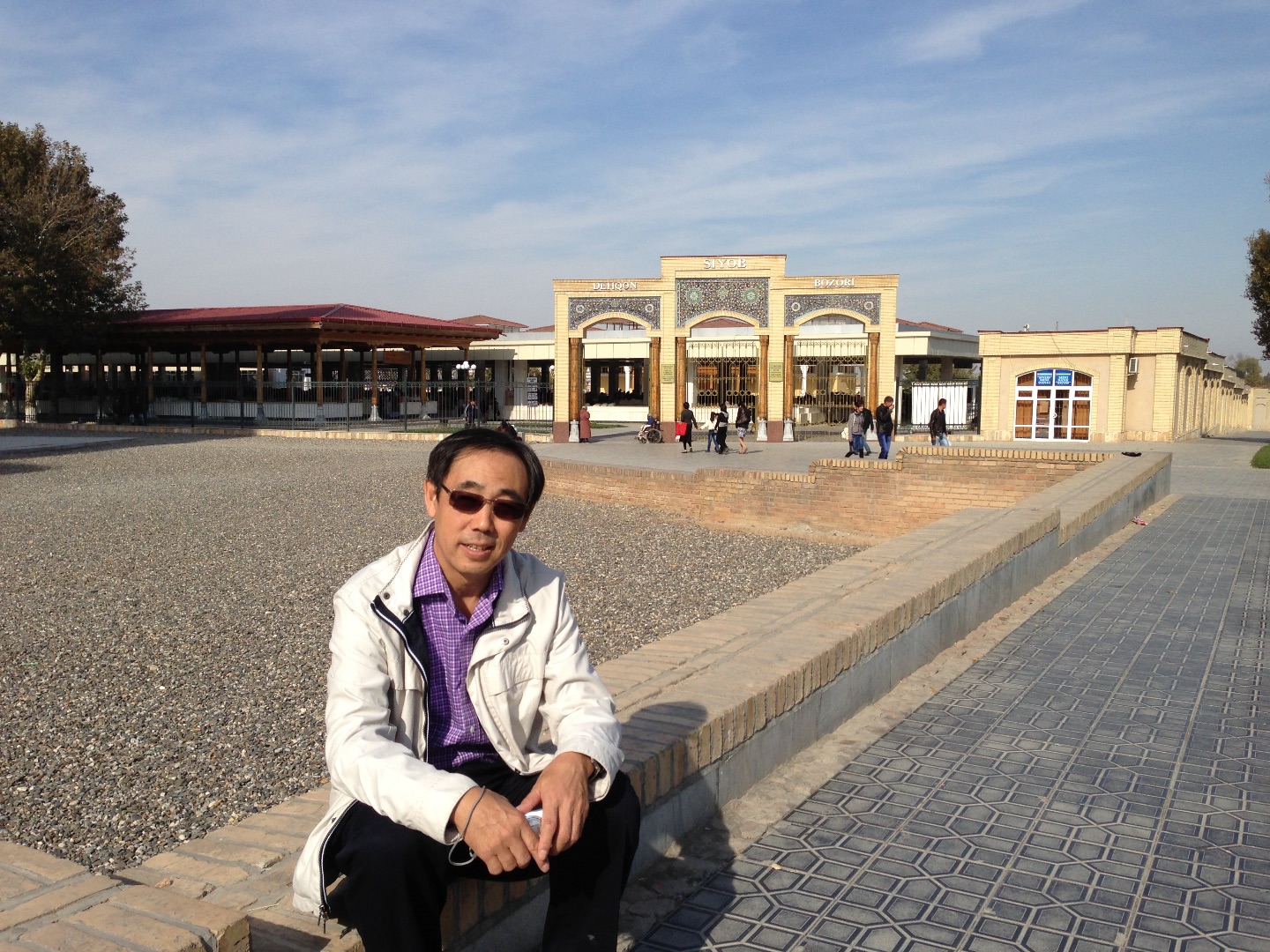
Since the official establishment of the OCP, Dr. Qi has witnessed two major areas of growth. One is the size of the engagement. Dr. Qi emphasized: “When I say size, not only the number of the staff in the OCP, but also number of people from MSU engaged with China and the OCP activities.” The OCP staff size has grown substantially. In the very beginning, it was just one Director and one staff. At that time the Director was doing “almost everything … from management to strategic planning, etc. … all the way to operation.” Now we have a team in China, a leadership group at MSU of three people, and some interns and student staff, extending OCP’s reach. Now a lot more people from within and outside of MSU know about the OCP and are interested to engage with OCP.
The other area of the growth is the transition from facilitation and logistics management to a research leadership